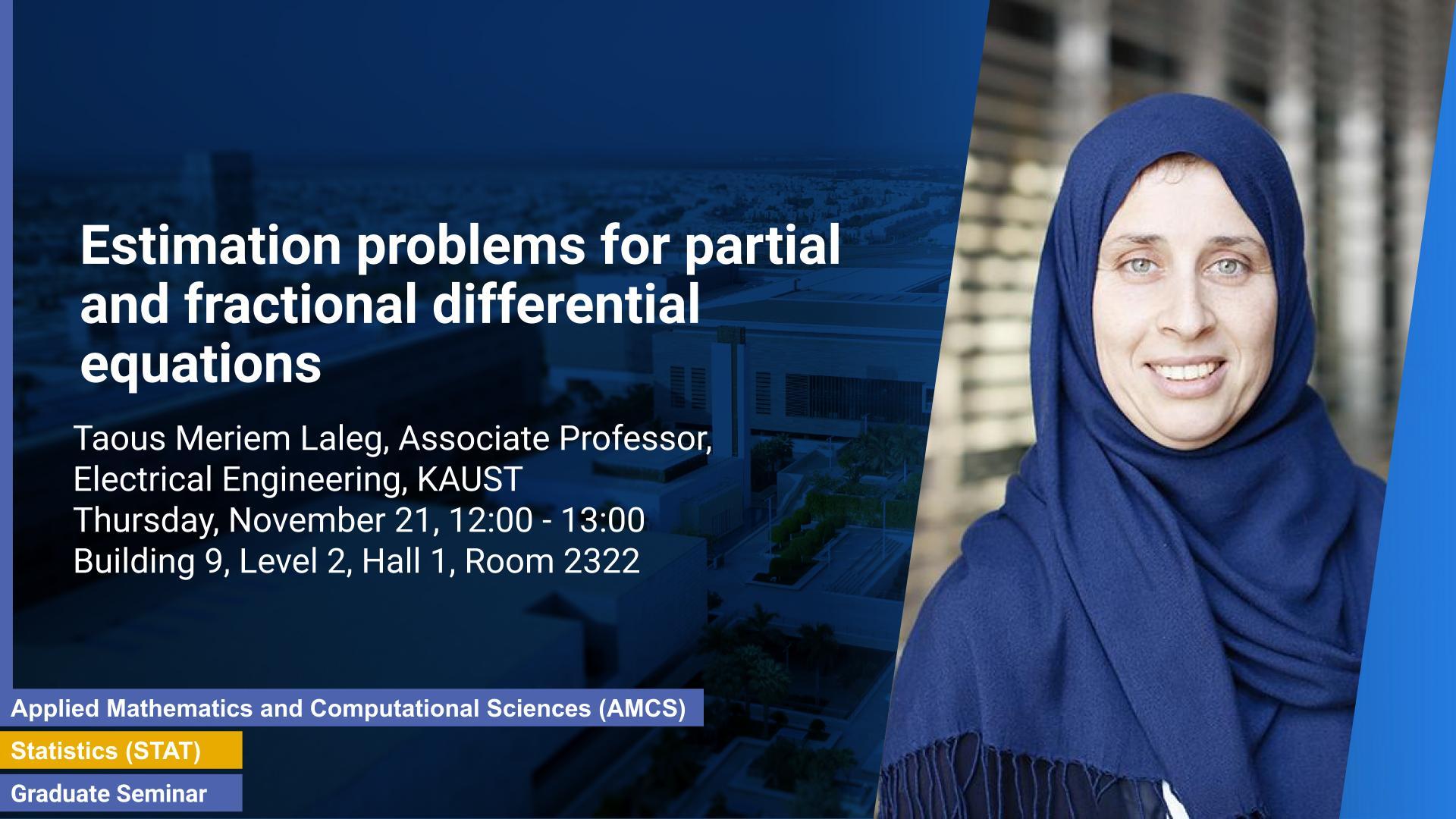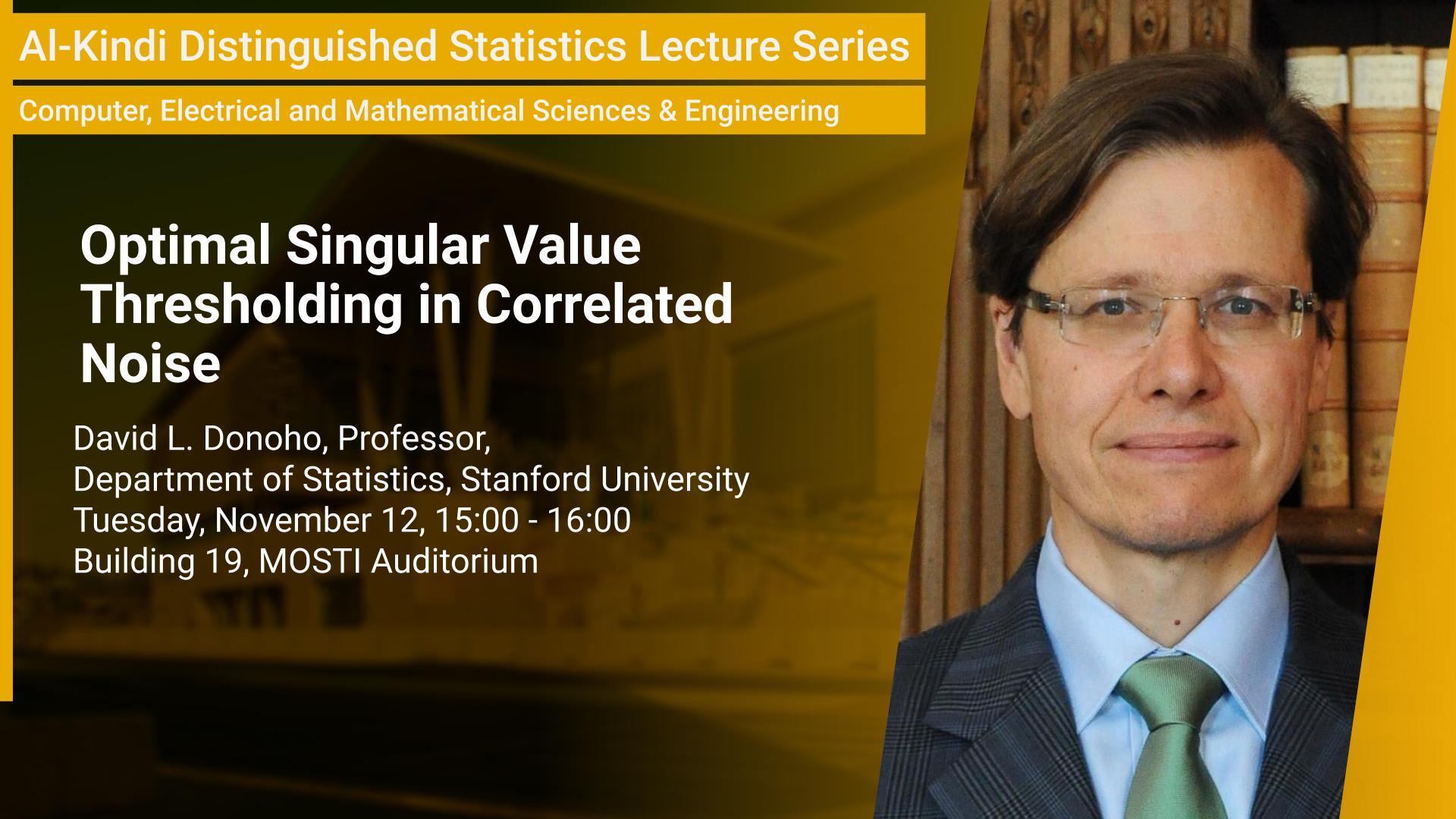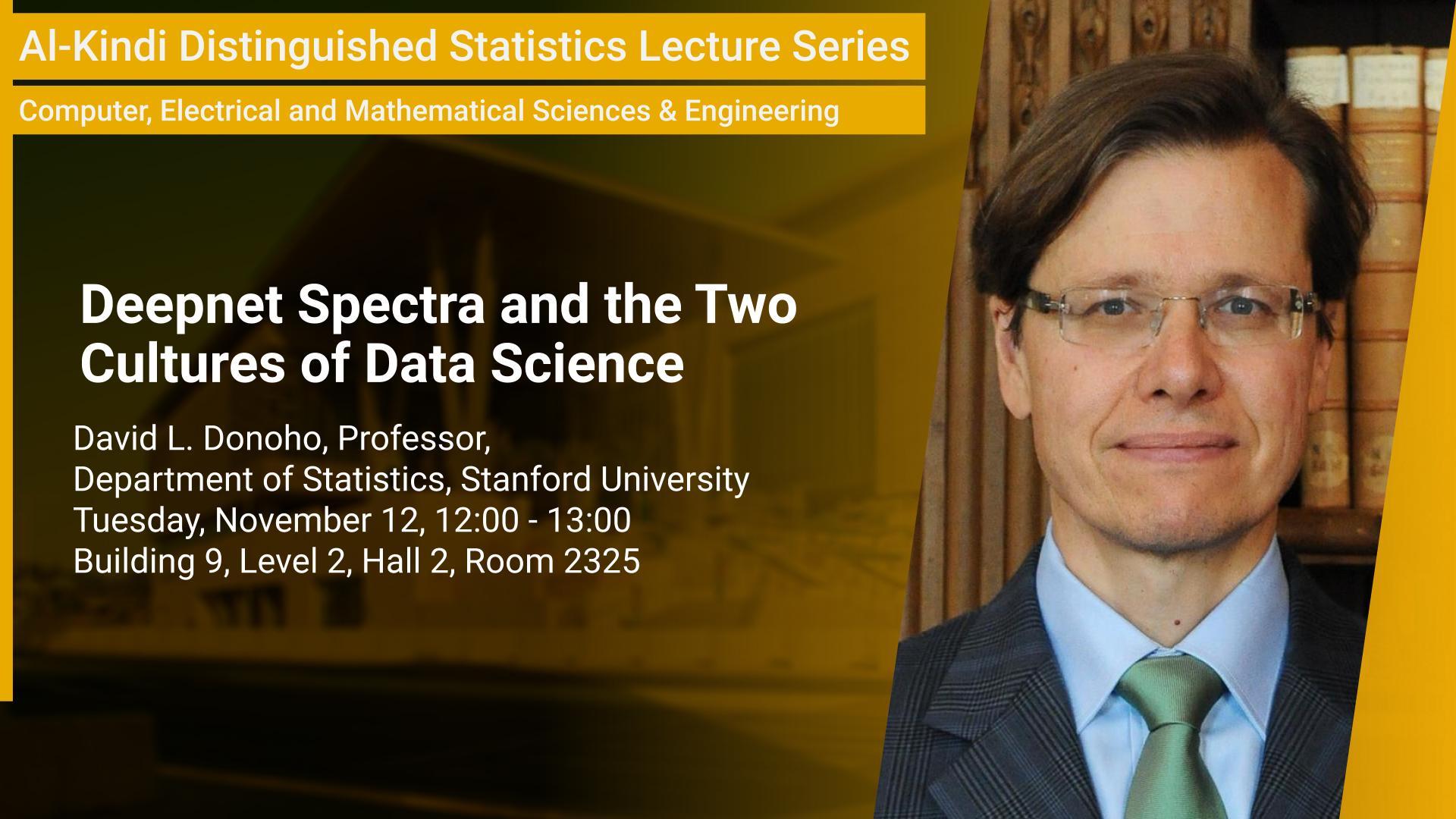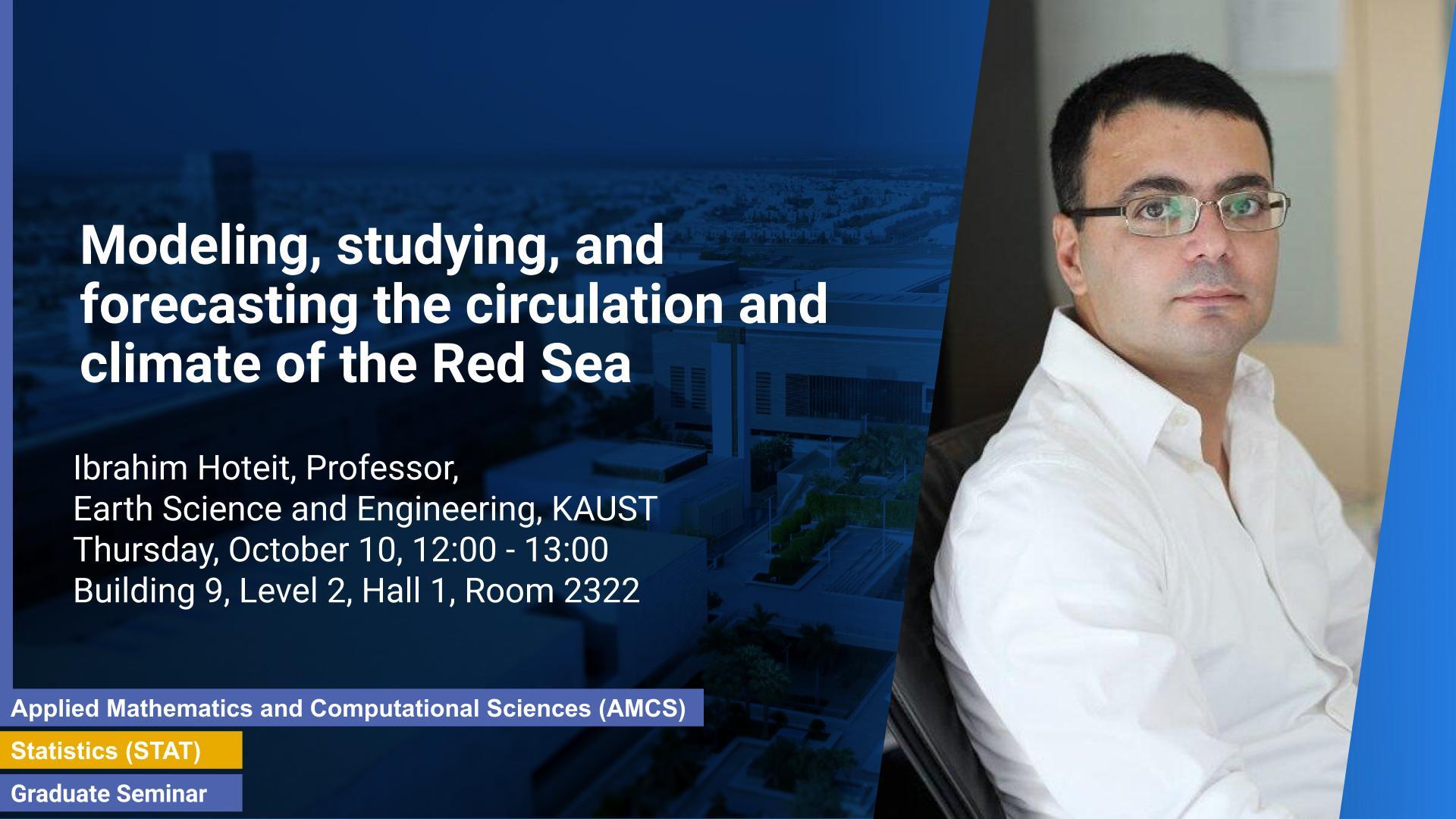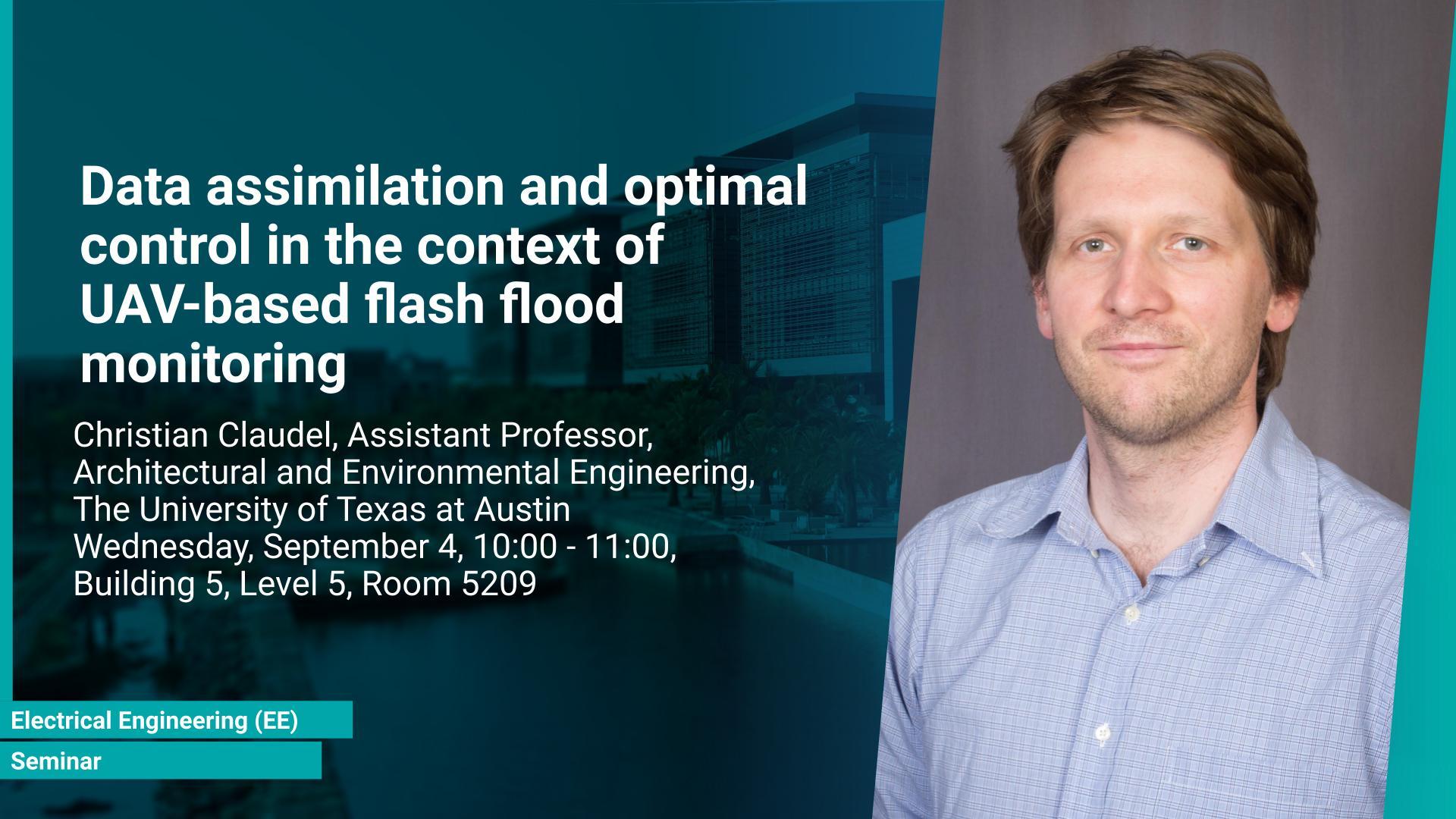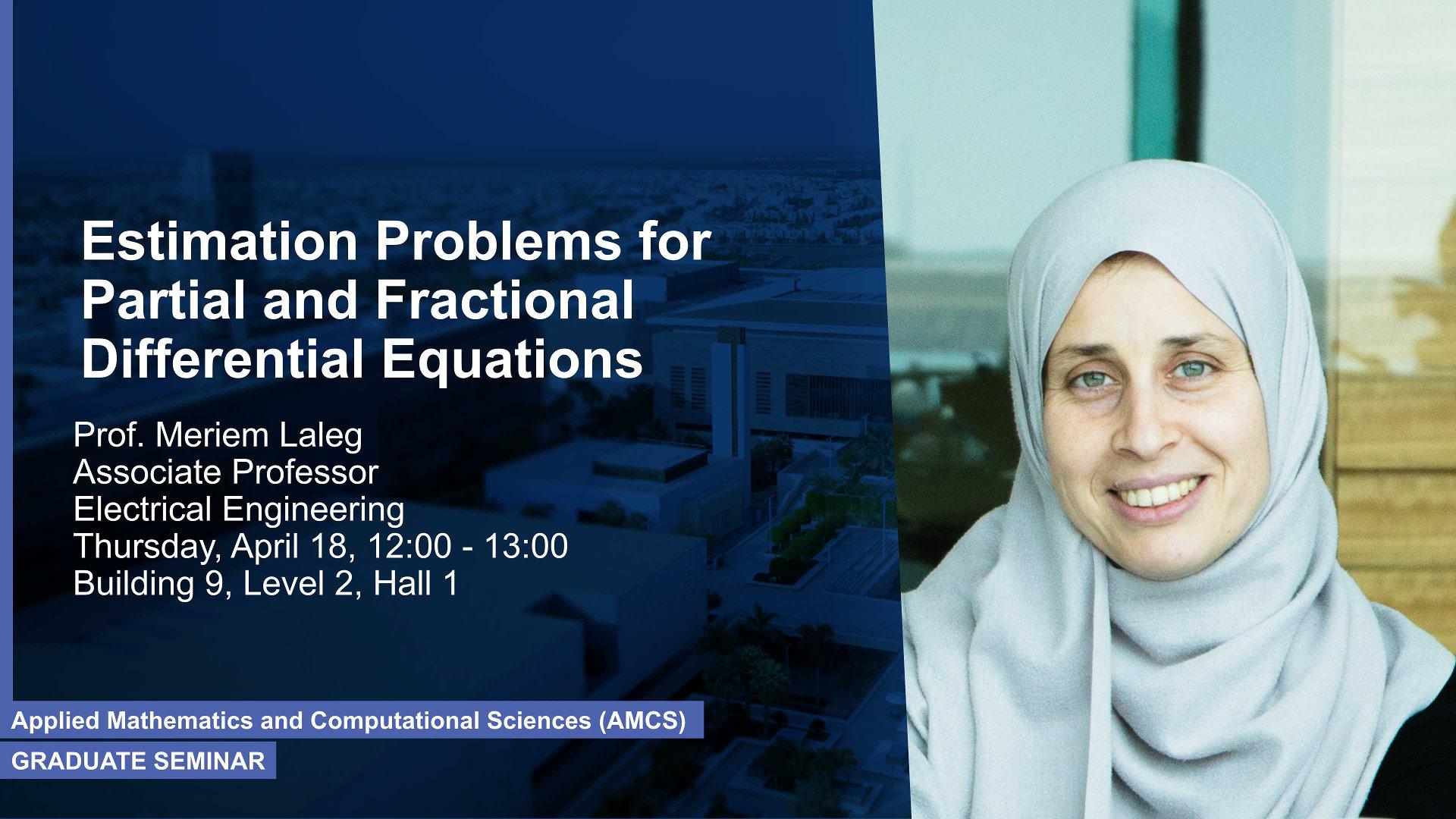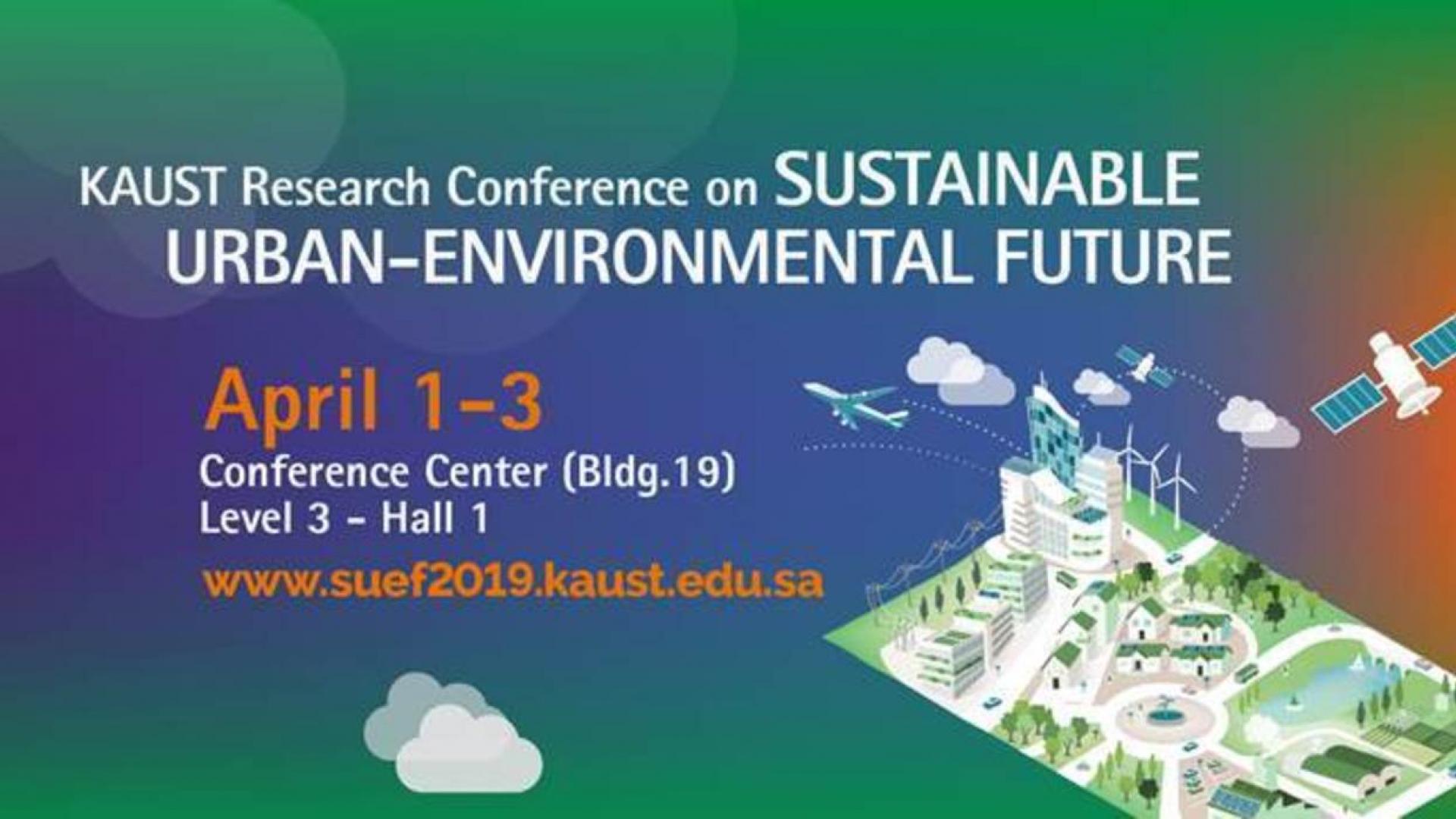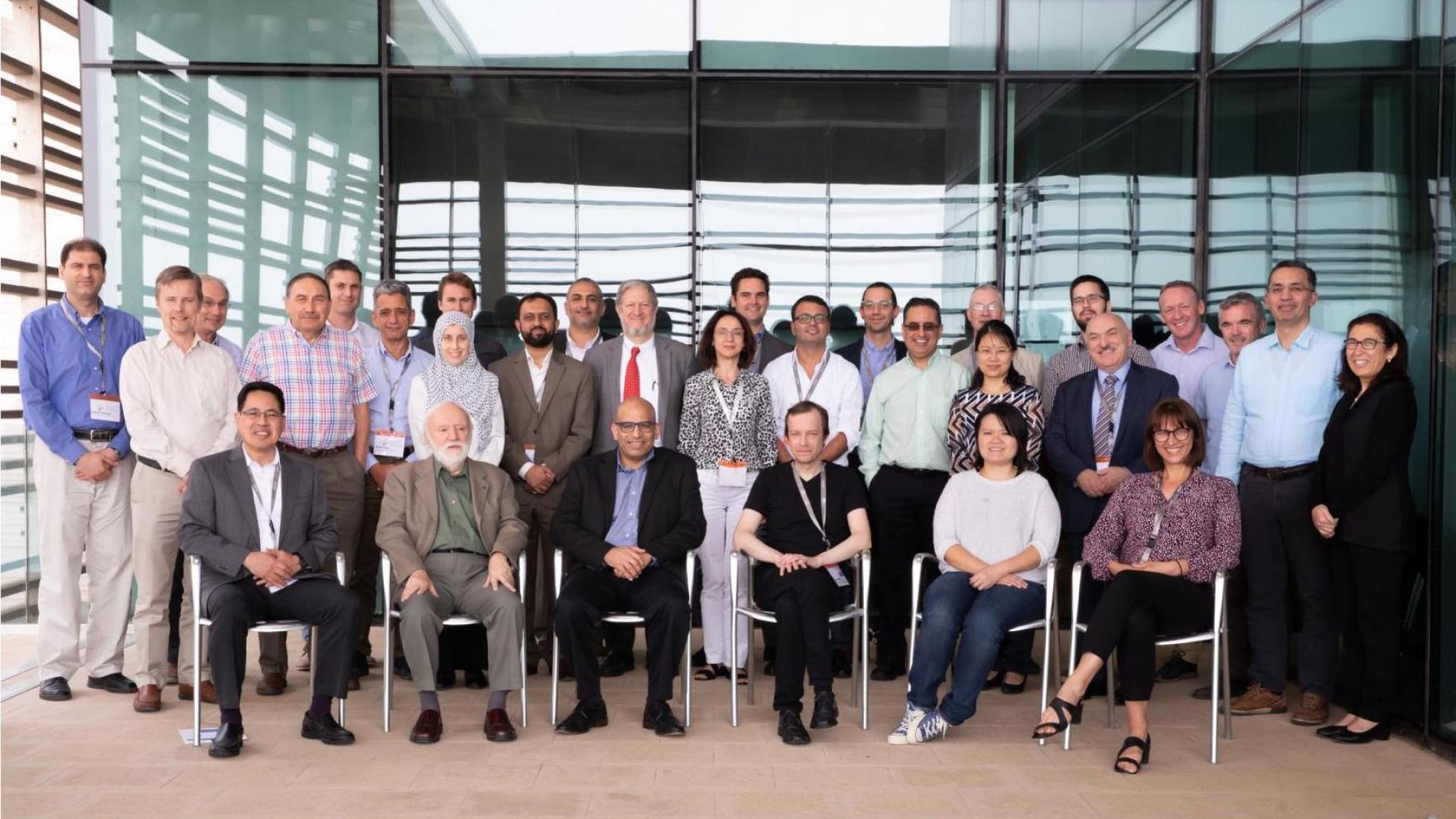Thursday, November 21, 2019, 12:00
- 13:00
Building 9, Level 2, Hall 1, Room 2322
I will present an overview of our activities around estimation problems for partial and fractional differential equations. I will present the methods and the algorithms we develop for the state, source and parameters estimation and illustrate the results with some simulations and real applications.
